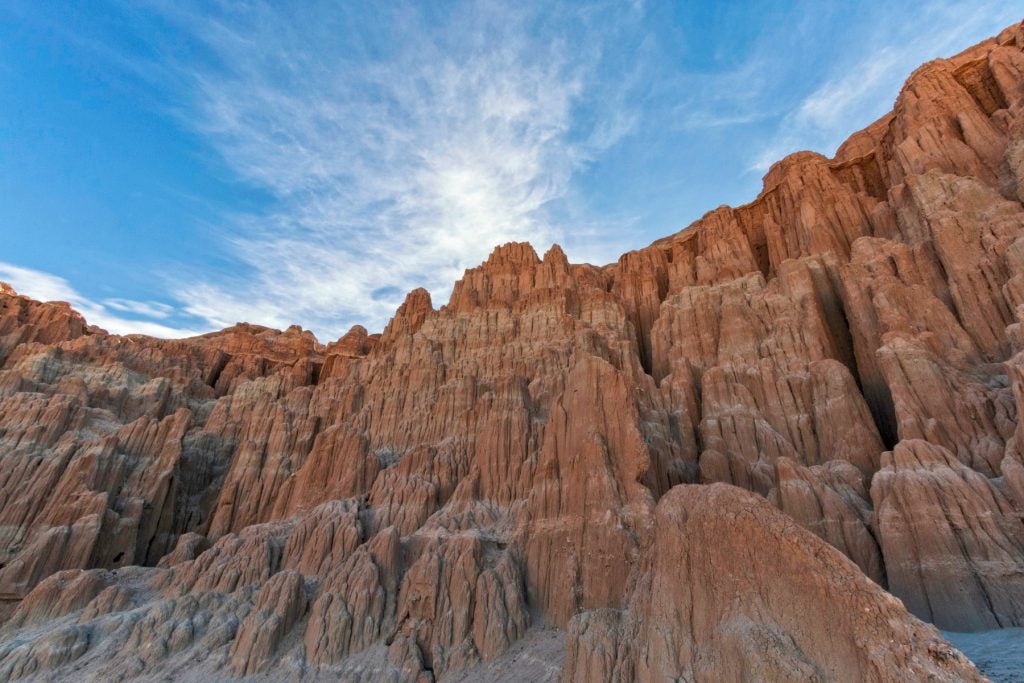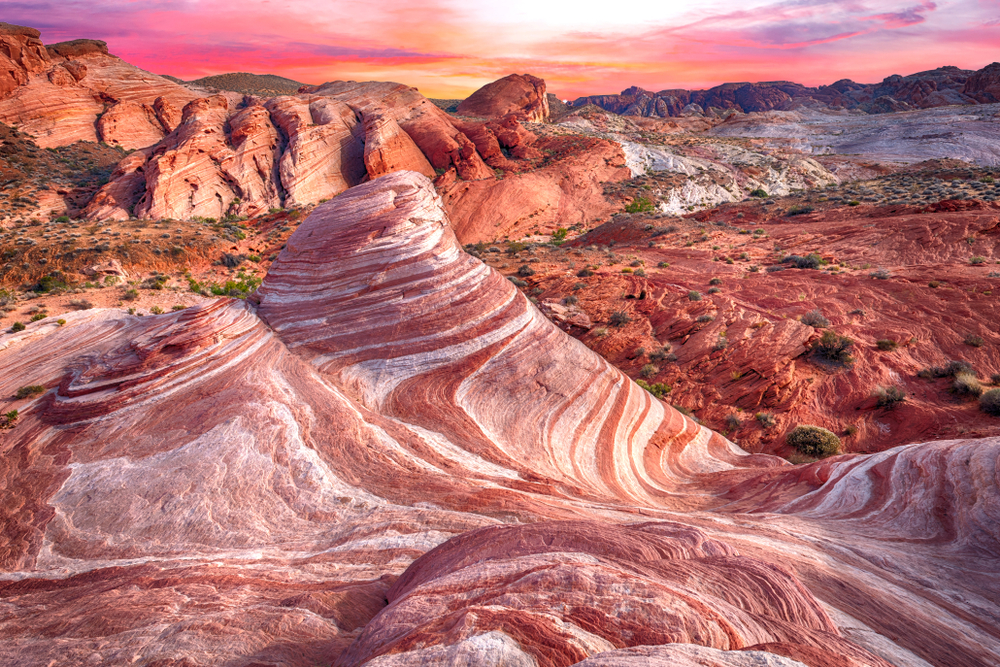Exploring Nevada’s Natural Wonders: A Guide to State Parks
Related Articles: Exploring Nevada’s Natural Wonders: A Guide to State Parks
Introduction
In this auspicious occasion, we are delighted to delve into the intriguing topic related to Exploring Nevada’s Natural Wonders: A Guide to State Parks. Let’s weave interesting information and offer fresh perspectives to the readers.
Table of Content
Exploring Nevada’s Natural Wonders: A Guide to State Parks

Nevada, known for its glittering casinos and sprawling deserts, also boasts a network of diverse and captivating state parks. These protected areas offer a unique glimpse into the state’s natural beauty, from towering red rock formations to serene alpine lakes.
A comprehensive understanding of Nevada’s state parks is best achieved through the use of a state parks map. This visual tool serves as a roadmap to these natural treasures, highlighting their locations, amenities, and unique features.
Navigating the Nevada State Parks Map
The Nevada State Parks map is a valuable resource for anyone seeking to explore the state’s natural wonders. It provides a clear overview of the park system, showcasing the distribution of parks across the state’s varied landscapes. The map also includes essential information for planning a visit, such as:
- Park Locations: The map clearly indicates the location of each state park, allowing visitors to identify parks within their desired region.
- Park Boundaries: The map delineates the boundaries of each park, providing a visual representation of the protected area.
- Access Points: The map highlights access points, including roads and trails leading to the parks, assisting visitors in navigating their journey.
- Park Amenities: The map often denotes essential amenities within each park, such as campgrounds, restrooms, picnic areas, and hiking trails.
- Points of Interest: Some maps highlight specific points of interest within each park, such as scenic viewpoints, historic sites, or unique natural features.
Benefits of Using a State Parks Map
Beyond its role as a navigational tool, the Nevada State Parks map offers several benefits for visitors:
- Planning and Preparation: The map facilitates comprehensive trip planning, allowing visitors to select parks based on their interests and desired activities.
- Understanding Park Layout: The map provides a visual representation of the park’s layout, enabling visitors to plan their itinerary and optimize their time.
- Identifying Hidden Gems: The map can reveal lesser-known parks or hidden gems within the state park system, offering unique experiences beyond popular destinations.
- Promoting Conservation: By visualizing the protected areas, the map fosters an appreciation for the state’s natural resources and encourages responsible recreation.
A Glimpse into Nevada’s State Parks
Nevada’s state parks showcase the state’s diverse geography, from towering red rock canyons to serene alpine lakes. Each park offers unique experiences, catering to a wide range of interests:
- Valley of Fire State Park: This park boasts vibrant red rock formations, ancient petroglyphs, and stunning desert landscapes. Visitors can explore hiking trails, enjoy scenic drives, and witness breathtaking sunsets.
- Lake Mead National Recreation Area: This vast park, encompassing Lake Mead and the Colorado River, offers opportunities for boating, fishing, camping, and exploring historical sites.
- Cathedral Gorge State Park: This park is renowned for its dramatic canyons carved by wind and water, creating unique rock formations resembling cathedrals. Visitors can enjoy hiking, photography, and stargazing.
- Great Basin National Park: This park offers a glimpse into the high desert, with towering mountains, alpine meadows, and ancient bristlecone pine forests. Visitors can explore hiking trails, observe wildlife, and experience the beauty of the high country.
- Spring Mountain Ranch State Park: This park showcases a diverse landscape, encompassing mountains, canyons, and a historic ranch. Visitors can enjoy hiking, horseback riding, and exploring the ranch’s historical buildings.
FAQs About Nevada State Parks
Q: Where can I find a Nevada State Parks map?
A: Nevada State Parks maps are available online through the Nevada Division of State Parks website, at park visitor centers, and at various tourism offices throughout the state.
Q: Are there fees to enter Nevada State Parks?
A: Most Nevada State Parks require an entrance fee, which can be purchased online or at park entrance stations. Some parks offer free entry on certain days or for specific groups.
Q: What are the best times to visit Nevada State Parks?
A: The best time to visit Nevada State Parks depends on your interests and desired activities. Spring and fall offer pleasant temperatures and moderate crowds, while summer can be hot and crowded. Winter can bring snow and cold temperatures, ideal for winter sports in some parks.
Q: Are pets allowed in Nevada State Parks?
A: Pets are generally allowed in Nevada State Parks, but they must be leashed and under control at all times. Some trails or areas may restrict pet access.
Q: Are camping facilities available in Nevada State Parks?
A: Many Nevada State Parks offer camping facilities, including RV hookups, tent sites, and group camping areas. Reservations are often required, especially during peak season.
Tips for Visiting Nevada State Parks
- Plan Ahead: Research the park you intend to visit, including its amenities, activities, and any required permits or reservations.
- Pack Appropriately: Bring adequate water, food, clothing, and other supplies, as amenities may be limited within parks.
- Respect the Environment: Leave no trace behind, dispose of trash properly, and stay on designated trails to protect natural resources.
- Be Aware of Wildlife: Observe wildlife from a safe distance and do not feed or approach animals.
- Check Weather Conditions: Be prepared for changing weather conditions, especially in high elevation or desert areas.
Conclusion
Nevada’s state parks offer a gateway to the state’s natural wonders, providing opportunities for recreation, exploration, and appreciation of the state’s diverse landscapes. The Nevada State Parks map serves as a vital tool for planning and navigating these protected areas, ensuring visitors can enjoy a memorable and safe experience while contributing to the conservation of these invaluable natural resources. By understanding the map’s information and following responsible recreation guidelines, visitors can contribute to preserving the beauty and integrity of Nevada’s state parks for generations to come.








Closure
Thus, we hope this article has provided valuable insights into Exploring Nevada’s Natural Wonders: A Guide to State Parks. We hope you find this article informative and beneficial. See you in our next article!